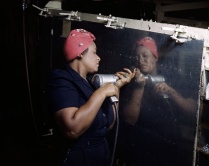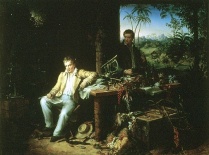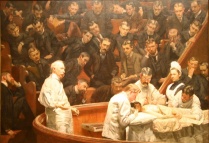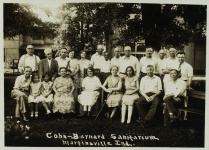Medicine, Disability and Science
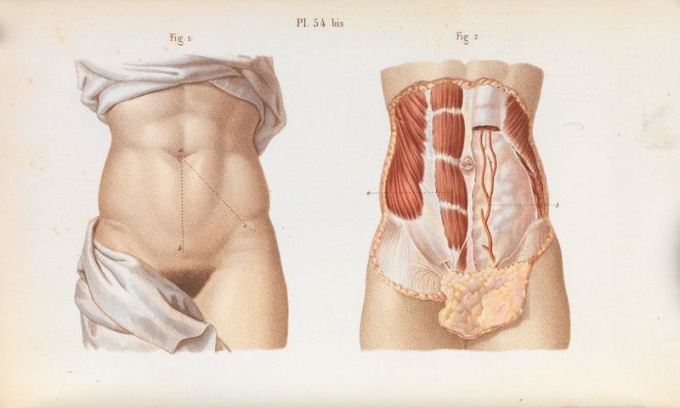
Historical anatomical figures from Claude Bernard, Précis iconographique de médecine opératoire et d'anatomie chirurgicale / Wellcome Library
These interconnected fields examine the historical production of scientific and medical knowledge and its application and transformation in diverse social practices around the globe. This group of scholars focuses not just on the social and cultural meanings of medicine and science, but also the lived experiences of historical actors - especially those at the margins of society. This field is interdisciplinary by nature, fostering fruitful conversations between science studies, disability studies and the study of gender and sexuality.
Sub-fields
The study of gender and sexuality is embedded within all areas of historical inquiry. Our faculty explore the myriad ways that ideas about of manhood and womanhood and sexual relationships and identities have shaped, and been shaped by, societies.
Faculty
Alfred Palmer, "Rosie the Riveter"
Public Domain, Wikimedia Commons
The history of science explores the ways that people have worked to make sense of the world around them. This field considers everything from the relationship between humans and the natural world and to the rise of scientific reason to issues of bioethics, and serves as the foundation for other fields, such as the history of medicine, disability, and the environment.
Faculty
Humboldt and Bonplant in the Jungle
Public Domain Wikimedia Commons
The history of medicine traces not only the development of therapies and practices, but also the ways in which people and societies have attempted to make sense of health and illness. Our department has long had a strength in the history of medicine, helping to shape the contours of this ever-changing field.
Faculty
Thomas Eakins, The Agnew Clinic, 1889
Public Domain Wikimedia Commons
The Department of History is at the forefront of the burgeoning field of disability history. This field explores the history of how societies and cultures have understood disability as well as the lived experiences of disabled people.
Faculty
Patients at a sanitorium in Indiana, 1926
Wellcome Collection
The history of drugs and alcohol is more than tracing the development or consumption of mind-altering substances, but the story of how society and culture has shaped, and been shaped by, the use, misuse, and control of such substances.
Faculty
People's Drug Store located at 8th and H Streets, NE in Washington, D.C.
Public Domain Wikimedia Commons
